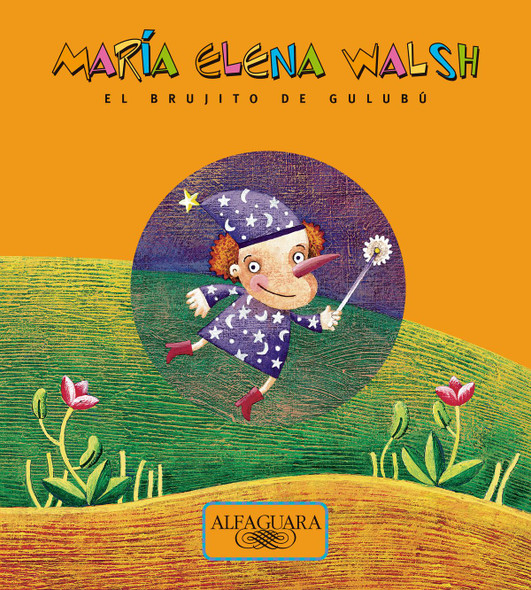Alfaguara Editorial
El Feminismo Book by María Elena Walsh Editorial Alfaguara (Spanish Edition)
- UPC:
- 9789877386844
- Weight:
- 0.31 KGS
- Gift wrapping:
- Options available
- Origin:
- Argentina
Description
- Collection OUT OF COLLECTION
- Pages: 208
- Target Age: Adults
- Binding Type: Paperback
- Language: Spanish
- Publication Date: 01-03-2024
- Author: María Elena Walsh
- Publisher: ALFAGUARA
- ISBN: 9789877386844
When the Ni Una Menos movement had not yet emerged in Argentina and thousands of girls had not yet taken to the streets demanding an end to patriarchy, María Elena Walsh was already writing, singing, and voicing uncomfortable truths. She questioned the rigid roles assigned to women and men, resisted the mandate to do the dishes, and protested against misogyny and male violence. Feminism compiles the texts she launched like sharp and precious stones from newspapers and magazines, radio columns, albums, and stages. Written over fifty years—some unpublished—they are remarkably relevant, confirming her status as an intellectual reference that transcends generations and revealing her as a pioneer of the recent explosion of women's movements. Without losing her humor and patience, Walsh persuades naturally, and the depth of her ethical commitment has made her a symbol that enriches and revitalizes feminism in Argentina.
Those who were neither women nor workers think that yesterday was a better time, and to the rhythm of nostalgia, we dance by mistake today.
Women, like blacks, the colonized, and the working class, as we become aware, want fewer handouts; we want what rightfully belongs to us and is taken from us day by day, that is, everything. Women, who have been custodians of life—for it to be squandered in wars—want now more than ever to defend it from the manufacturers of death. But according to how and when we determine it.
The Women’s Liberation Movement is a revolutionary ideology, not derived from dusty tomes but from the daily martyrdom of half of humanity. It arises in fairs and alongside stalls, next to the butcher gynecologists’ tables, and against the celibate old men of the Vatican who dictate sexual conduct according to the interests of capital and the fluctuations of the war market.
Do we educate our girls so that tomorrow (if there is one) they become idle jet-set princesses? Do we educate them to be Heidis in syrupy forests? Do we educate them to be future courtesans? Do we educate them to be mental dwarfs and superficial ‘fat ladies’?



